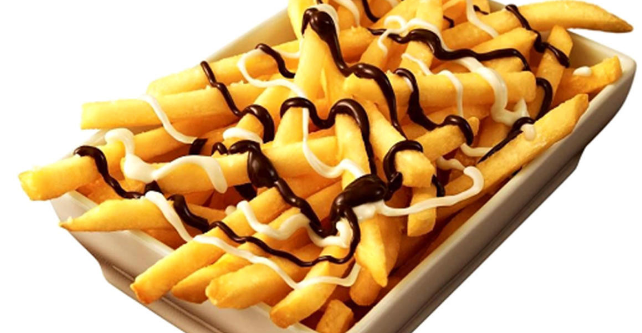Inside BENEO’s new pulse plant: pioneering sustainable protein from faba beans
Brain unconsciously learns to prefer high-fat snacks
Researchers at the Max Planck Institute for Metabolism Research in Cologne, in collaboration with Yale University, have now shown that foods with a high fat and sugar content change our brain. If we regularly eat even small amounts of them, the brain learns to consume precisely these foods in the future.
“Our tendency to eat high-fat and high-sugar foods, the so-called Western diet, could be innate or develop as a result of being overweight. But we think that the brain learns this preference,” explains Sharmili Edwin Thanarajah, lead author of the study.
To test this hypothesis, the researchers gave one group of volunteers a small pudding containing a lot of fat and sugar per day for eight weeks in addition to their normal diet. The other group received a pudding that contained the same number of calories but less fat. The volunteer’s brain activity was measured before and during the eight weeks.
The brain’s response to high-fat and high-sugar foods was greatly increased in the group that ate the high-sugar and high-fat pudding after eight weeks. This particularly activated the dopaminergic system, the region in the brain responsible for motivation and reward.
Image credit- shutterstock

